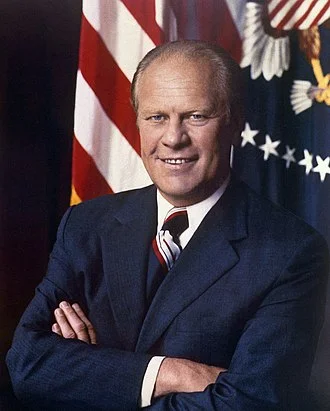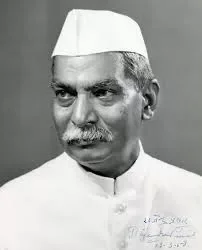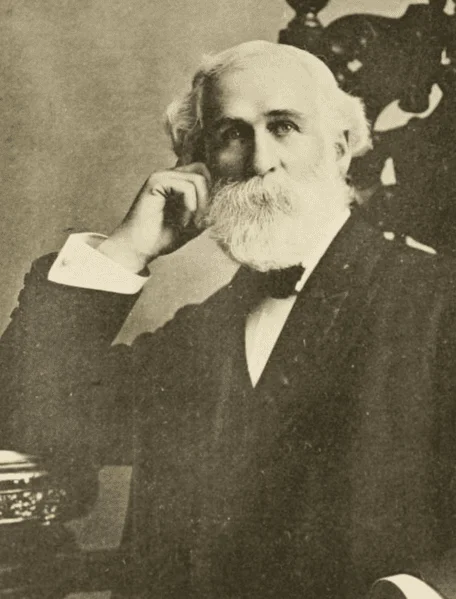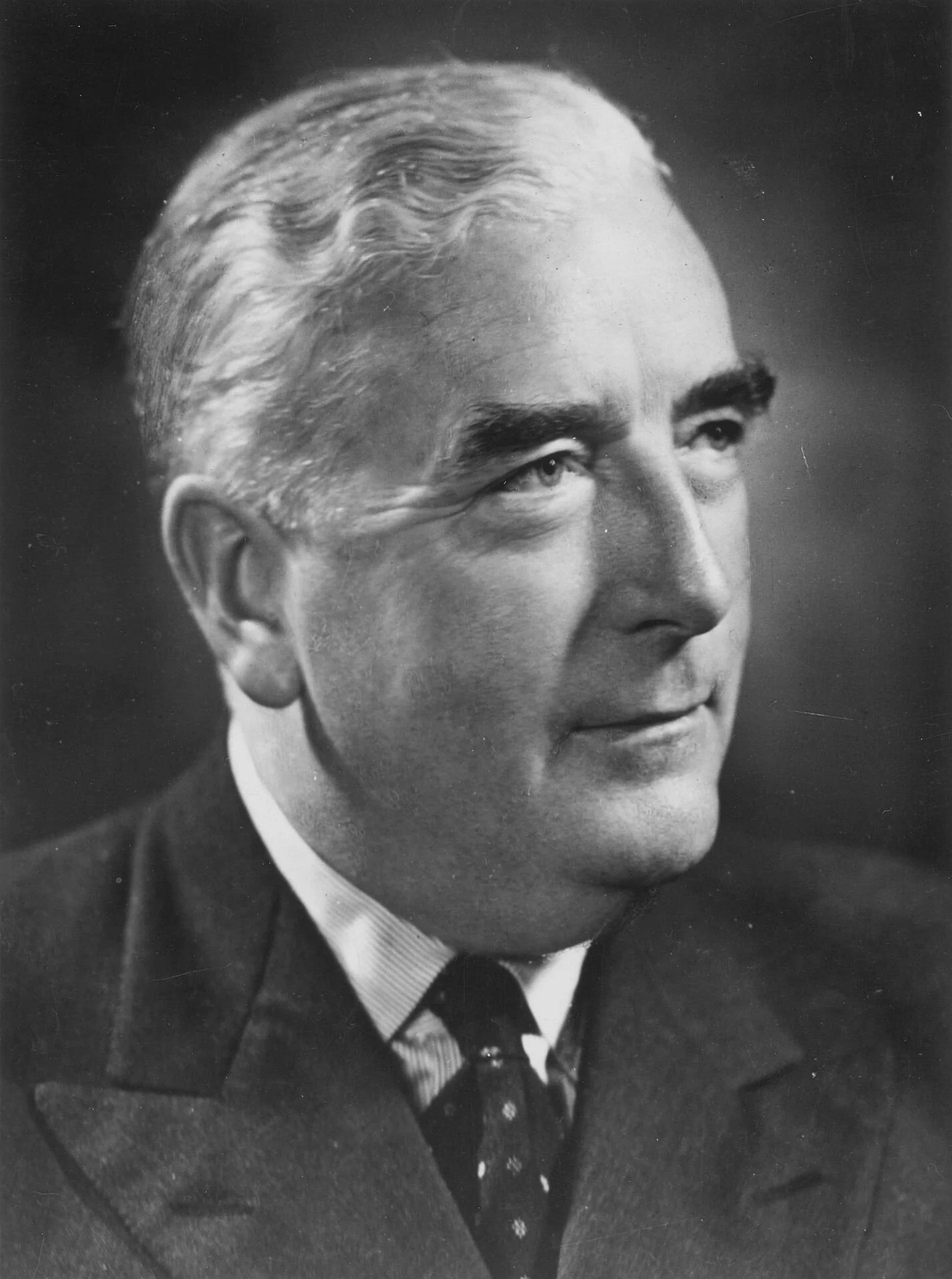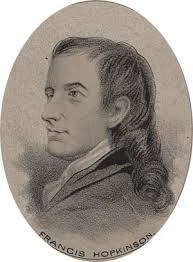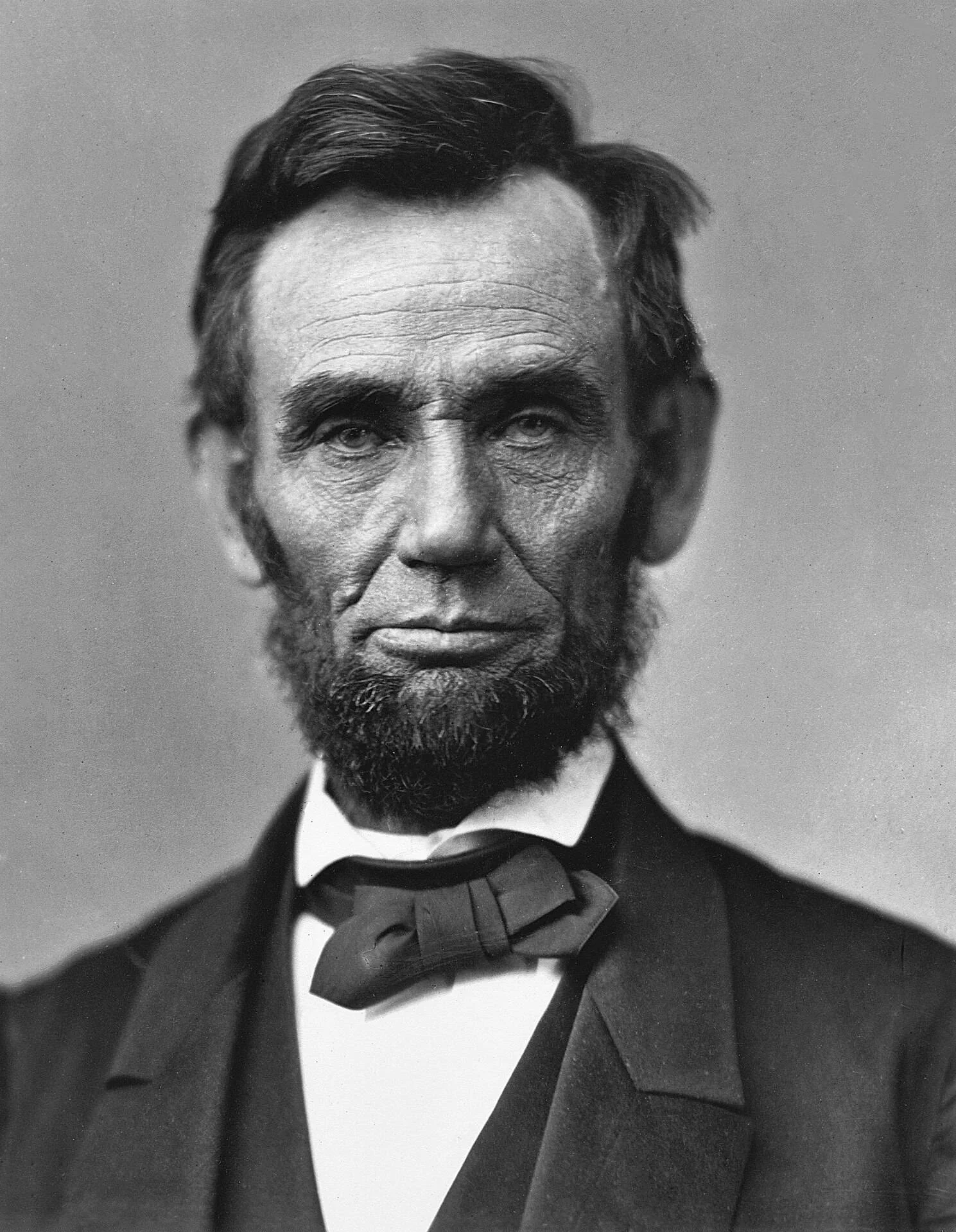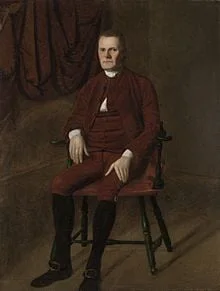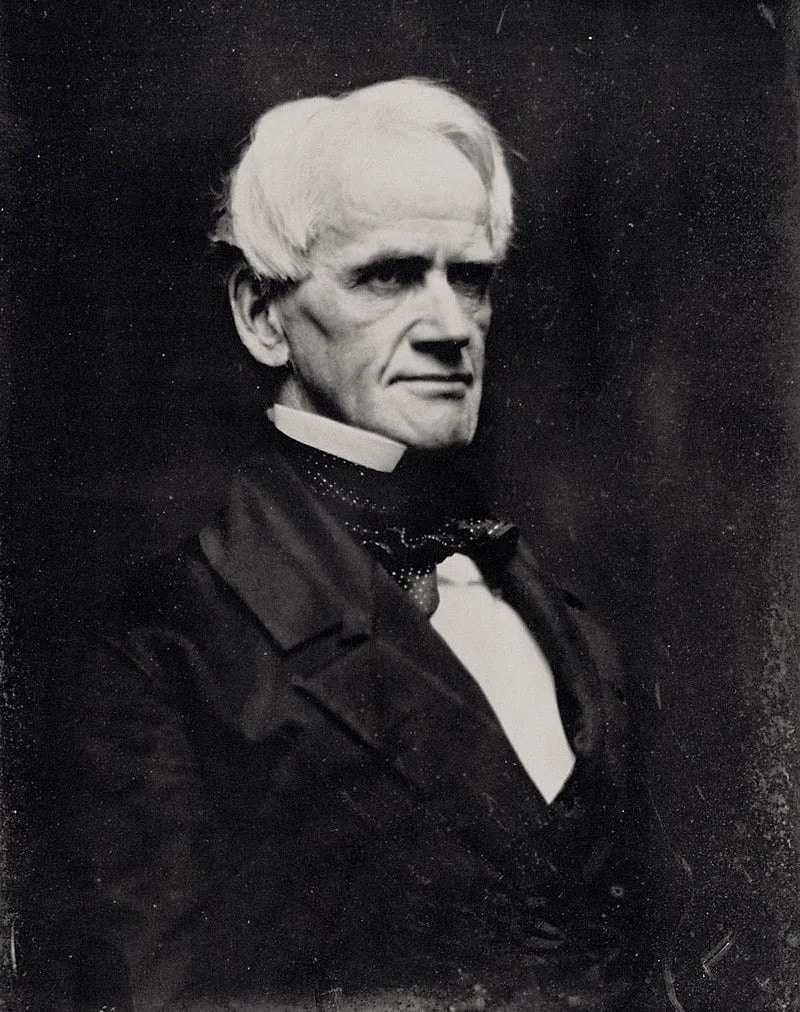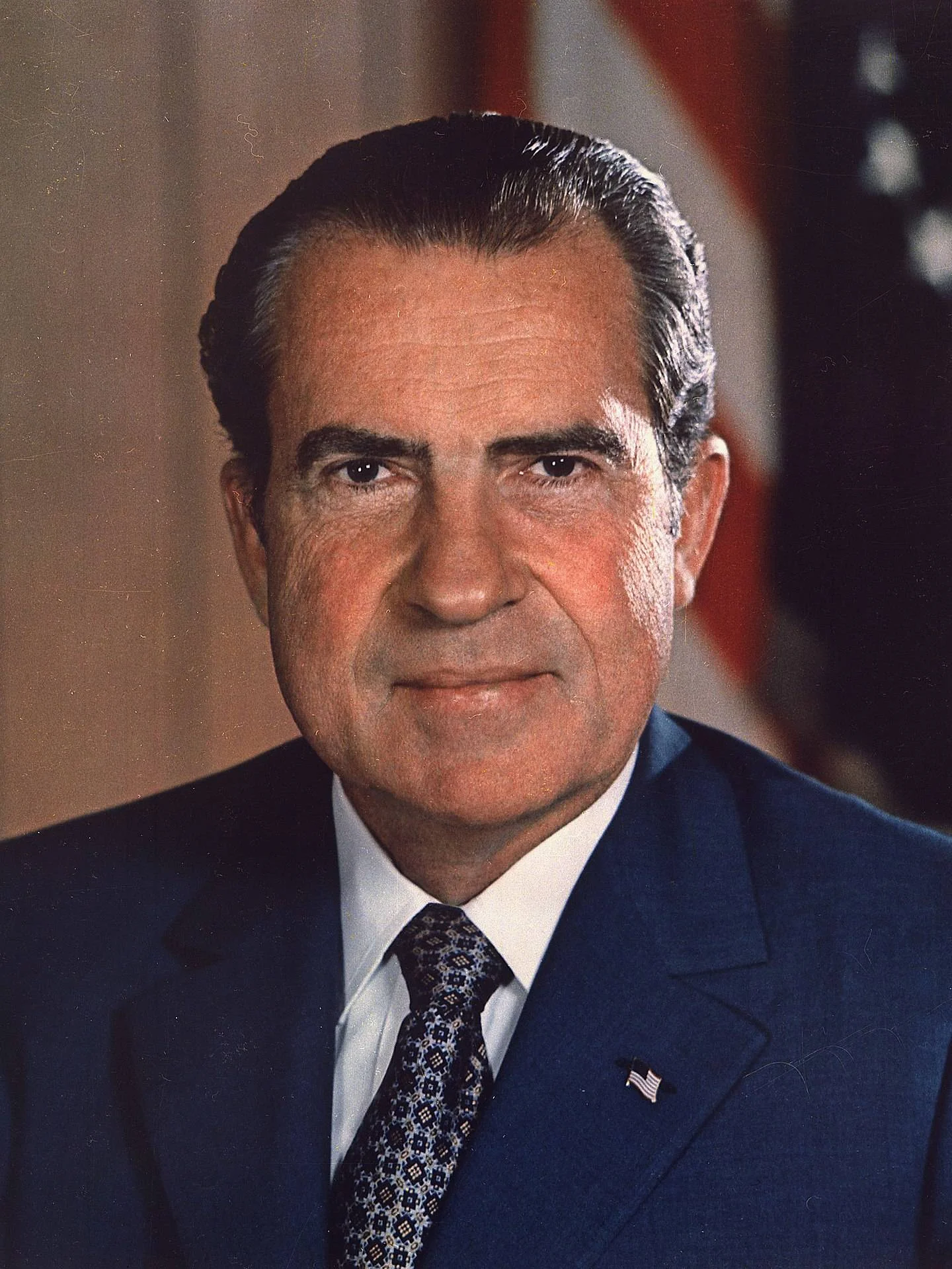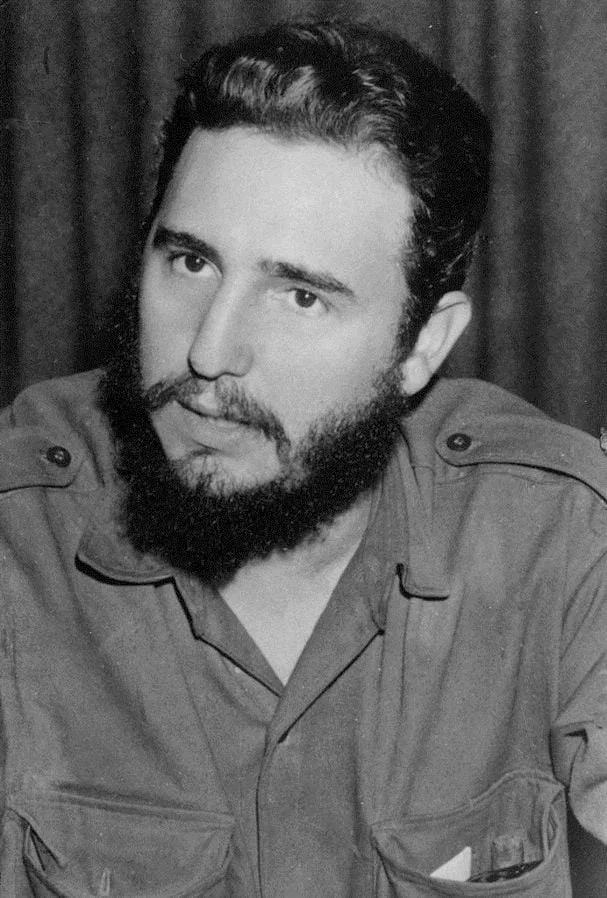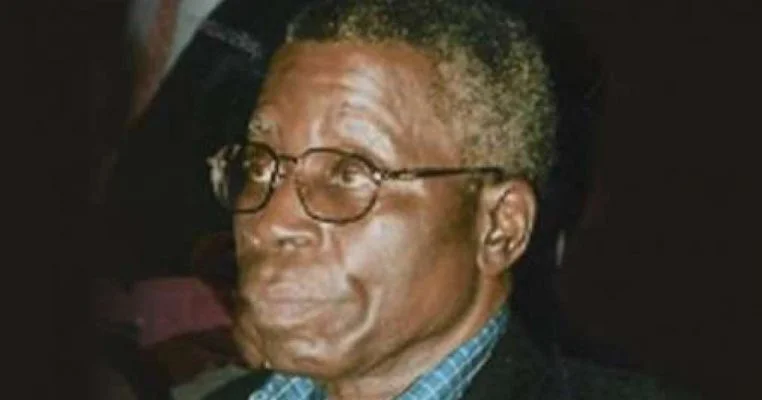Real Celebrities Never Die!
OR
Search For Past Celebrities Whose Birthday You Share
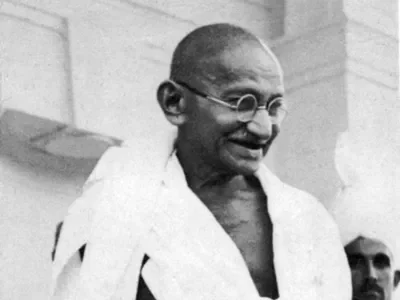
source:britannica.com
Mahatma Gandhi
Birthday:
02 Oct, 1869
Date of Death:
30 Jan, 1948
Cause of death:
Assassination
Nationality:
Indian
Famous As:
Anti-colonial nationalist
Age at the time of death:
78
Mahatma Gandhi's Quote's
Early Life and Education
Mohandas Karamchand Gandhi, more popularly known as Mahatma Gandhi, was an Indian lawyer, anti-colonial nationalist, and political ethicist who was a prominent political and spiritual leader in India during the 20th century. He was born on 2 October 1869, in Porbandar, Gujarat, India. Gandhi played a crucial role in India’s struggle for independence from British colonial rule and is frequently referred to as the “Father of the Nation” in India.
Gandhi was born into a Hindu merchant caste family, and his father, Karamchand Gandhi, worked as the diwan (chief minister) of Porbandar. As a child, Gandhi was illuminated by the religious and moral values instilled by his devout mother, Putlibai. Gandhi married Kasturba at the age of 13, and together they had five children. In 1888, when he was 18, Gandhi traveled to London, England, to pursue higher education, studying law at University College London.
Experiences in South Africa
After concluding his studies, Gandhi returned to India in 1891 and began pursuing law in Bombay. In 1893, Mahatma Gandhi received a year-long contract to work as a legal adviser in South Africa. There, he experienced firsthand the discriminatory treatment and sense of injustice, prompting him to actively take part in the struggle for civil rights in Africa. The early incidents and struggles Gandhi faced in South Africa played a major role in molding his political and moral beliefs.
Return to India and Non-Violent Philosophy
When Gandhi returned to India in 1915, he popularized his concepts of non-violence, which he called satyagraha, and held campaigns to improve the lives of Indian peasants and farmers. Gandhi played a crucial role in India’s struggle for independence from British colonial rule. He organized the masses through nonviolent protests, boycotts, and acts of civil disobedience, such as the Salt March in 1930.
Major Movements and Political Involvement
Mahatma Gandhi led and participated in multiple movements such as Champaran Satyagraha, Kheda Satyagraha, Non-Cooperation Movement, Salt March, and Quit India Movement. He included himself in Indian politics in 1919 and positioned himself with the Indian National Congress. Gandhi carried out the fight for independence and was imprisoned from 1942 until 1944 for demanding British withdrawal from India. He worked endlessly for the upliftment of India, fighting against the disgrace of untouchability and advocating for the rights and dignity of Dalits.
Advocacy for Gender Equality
Gandhi also emphasized the importance of gender equality and played a crucial role in promoting women’s education and empowerment. Above all, Mahatma Gandhi was a man of simplicity, non-violence, and compassion.
Assassination
On January 30, 1948, a man named Nathuram Godse, a Hindu nationalist who opposed Gandhi’s efforts toward religious harmony, assassinated Gandhi while he was on his way to attend a prayer meeting at Birla House.
Name:
Mahatma Gandhi
Popular Name:
Mahatma Gandhi
Gender:
Male
Cause of Death:
Assassination
Spouse:
Place of Birth:
Porbandar, Porbandar State, Kathiawar Agency, British India
Place of Death:
New Delhi, Dominion of India
Occupation / Profession:
Gandhi never won the Nobel Peace Prize.
Gandhi suffered from stage fright.
Gandhi was in London at the time of Jack the Ripper.
Developed and popularized the concept of satyagraha (nonviolent civil disobedience) as a means of protest and social change.
Founded the Natal Indian Congress in South Africa to fight for Indian rights.
Inspired civil rights and freedom movements worldwide, including leaders like Martin Luther King Jr.
Led India’s successful campaign for independence from British rule through nonviolent resistance and civil disobedience.
Received the honorary title of “Mahatma” (great soul) for his work and philosophy.

